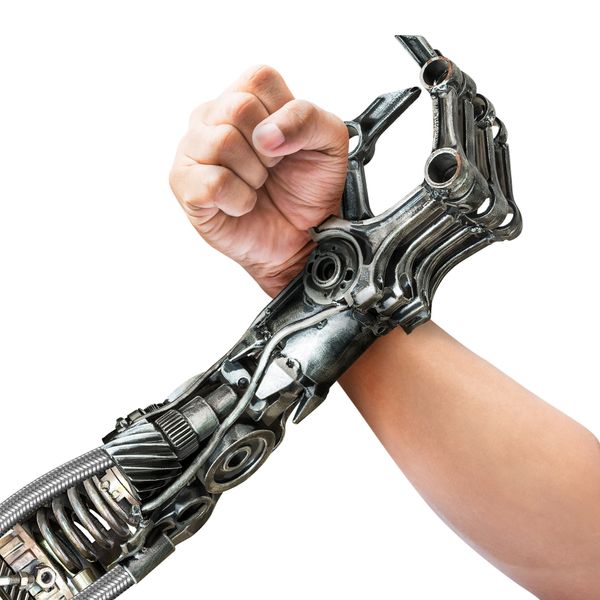IoT - a failed business model?

Reduced operation costs, enhanced productivity, vast expansion across markets and innovation are keywords in the industry. The financial potential of the IoT could reach $11trn by 2025, McKinsey & Company estimates, but 25 percent of institutional investors in the UK still think IoT is not properly exploited, ETF Partners found.
Some 200 people working at pension schemes, large corporations or asset managers were interviewed about the sustainability of connected devices in key sectors – smart cities, smart industry and smart energy. While 60 percent trust venture capital “as the best way to access IoT,” the decreasing cost of sensors and bandwidth will, among others, ensure economic prosperity across all industries – consumer, energy, healthcare and automotive.
The growing interest in IoT opportunities puts innovative infrastructures and consumer devices in the spotlight, leaving two strategic matters among security specialists: big data and encryption. The expansion to new markets, as well as an estimated daily use of 2.5 quintillion bytes of data, raise security concerns, especially since businesses and governments are expected to lead investment in IoT technology, surpassing the consumer market.
So far technology has pushed the boundaries and improved our lives, and expectations are even higher for IoT. There are so many assumptions about connected devices and estimations that IoT could “lead to 94,000 layoffs in the IT industry by 2021” that not enough heads are wrapped around what may instantly turn the internet of things into the internet of failures – security.
Connected devices offer a pool of vulnerabilities, making it easier for hackers to breach the infrastructure through reverse engineering.
“Hardware for reverse engineering physical devices and radio protocols, and “software defined radio” are inexpensive, so the threat is real and growing,” warns Dave Chismon of MWR InfoSecurity.
IoT devices offer different access levels, which leaves them open to attacks. If recent epic fails of smart doorbells, plugs or pet feeders haven”t exposed the business model flop, smart grid security hacks are probably next and not solitary as healthcare and manufacturing are the highest growing fields in terms of adoption and innovation.
tags
Author
After having addressed topics such as NFC, startups, and tech innovation, she has now shifted focus to internet security, with a keen interest in smart homes and IoT threats.
View all postsRight now Top posts
What Key Cyberthreats Do Small Businesses Face?
September 06, 2024
Got a Strange Text? 5 Signs That You’re Being Scammed (and How to Protect Yourself)
September 02, 2024
Scam Alert: How Fraudsters Are Exploiting WhatsApp Group Chats and What You Need to Know to Stay Safe
August 13, 2024
Half of Travel-Themed Spam Messages Worldwide Are Scams, Bitdefender Antispam Lab Warns
July 25, 2024
FOLLOW US ON SOCIAL MEDIA
You might also like
Bookmarks







